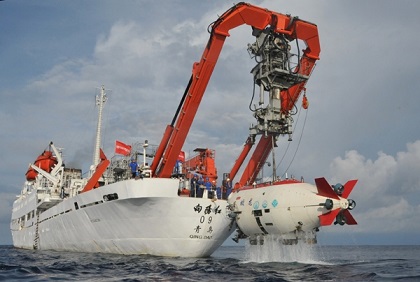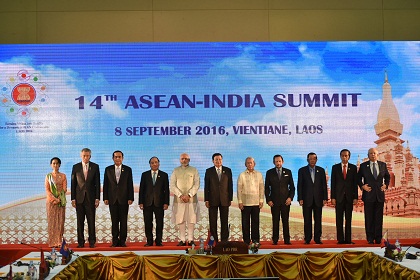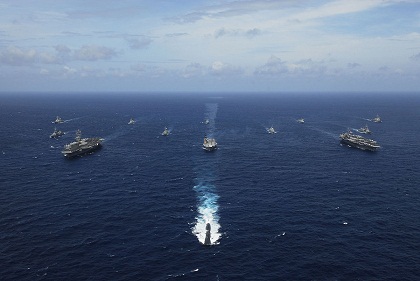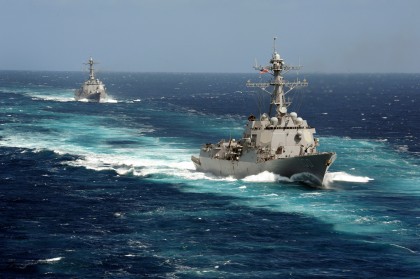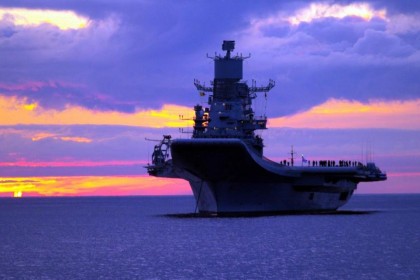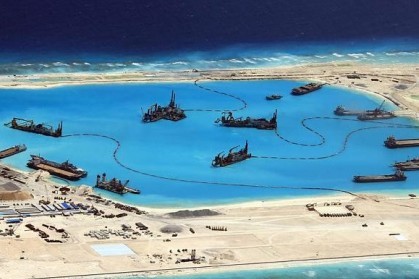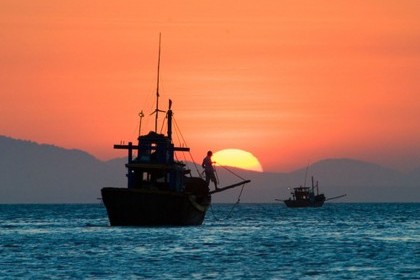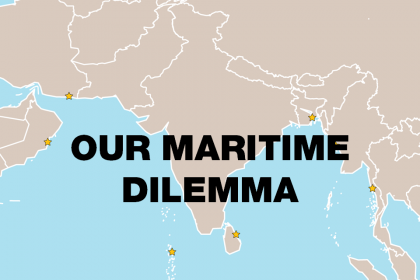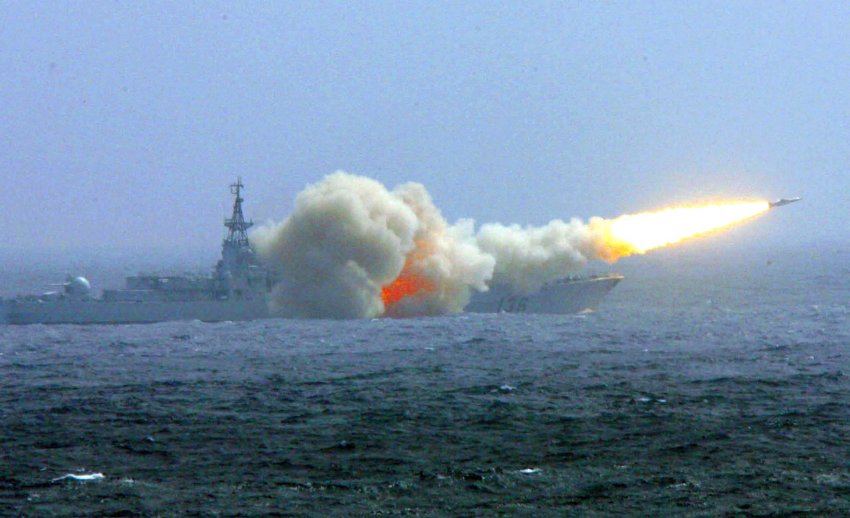China’s underwater defence strategy
The People’s Liberation Army Navy (PLAN) has been steadily building its underwater infrastructure since the 1980s to undertake energy-efficient, long-range and dual-purpose reconnaissance and exploration missions. While the Indian Navy’s superiority is unquestionable, New Delhi should provide it the crucial futuristic paraphernalia

